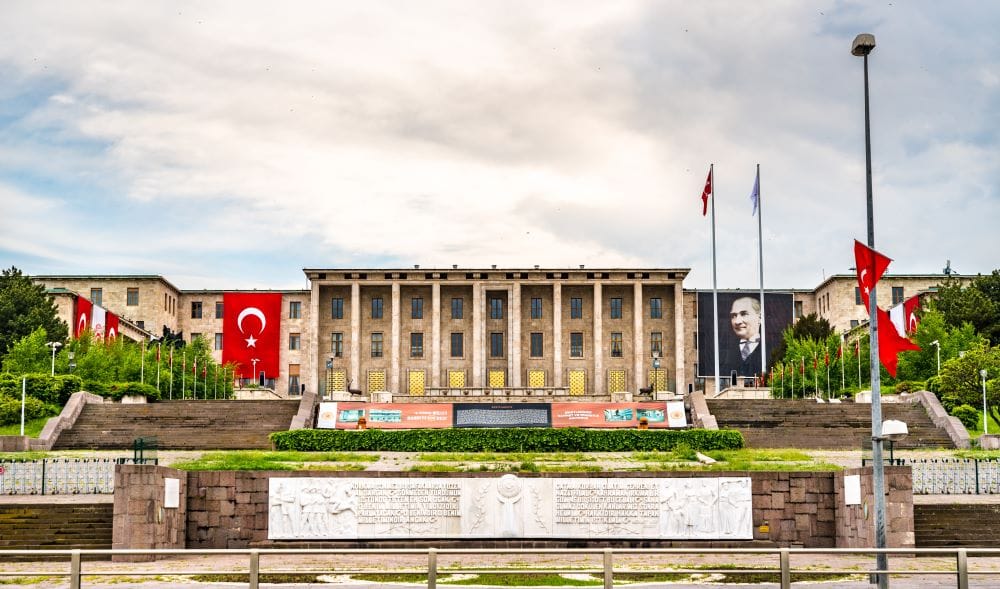Belgium returns 2,000-year-old sarcophagus to Egypt
Belgian authorities on Friday said they had handed over a roughly 2,000-year-old sarcophagus to Egypt, a decade after it

Turkey's Parliament has granted approval for the extension of Turkish troops' deployment in Libya for an additional 24 months. The initial deployment started in January 2020. It came as the result of a military and security agreement between Turkey and Libya's U.N.-backed Government of National Accord (GNA) in Tripoli. This marks the third extension of the deployment.
According to the motion signed by President Recep Tayyip Erdogan, "the continuation of the ceasefire and the political dialogue process in Libya, and the establishment of peace and stability as a result of this process, are of great importance for Turkey."
Since the overthrow and death of Muammar Gaddafi in 2011, Libya has been plagued by civil war and division. The conflict pits western Libya’s GNA, supported by Qatar, Turkey, and Italy, against the eastern part of the country where the Libya National Army is backed by Russia, Egypt, and the United Arab Emirates.

Turkey has played a crucial role in shifting the dynamics of the conflict. Through substantial military aid, encompassing advisors, equipment, and intelligence, Turkey successfully thwarted a year-long military endeavor by forces aligned with Khalifa Hifter, the Libyan commander overseeing the eastern region of the country, to seize control of Tripoli.
But the recent extension of the deployment is not without controversy. Turkey has faced accusations of sending thousands of Syrian mercenaries to Libya and overstepping its influence. Russia has faced similar accusations.
A contentious maritime agreement with the Tripoli government, granting Turkey access to a disputed economic zone in the eastern Mediterranean, heightened tensions with neighboring nations vying for rights to oil and gas drilling.
In August, an unidentified Libyan group reportedly issued a call for an armed uprising for what it labeled as the “Turkish Occupation of Libya.”
Turkey warned that any attack on the Tripoli government could adversely affect its interests in the Mediterranean basin and North Africa, escalating tensions and drawing attention to the fragile geopolitical landscape in the region.
Sign up for the weekly newsletter and get our latest stories delivered straight to your inbox.